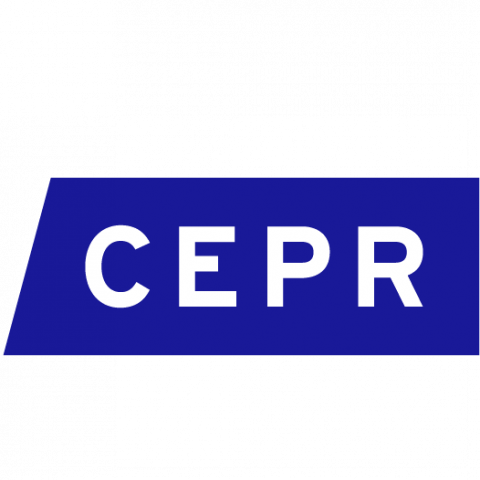
Policy delivery agents perform better when working with members of their own social groups thereby affecting the efficiency of policy interventions
Read “Development policy through the lens of social structure” by Oriana Bandiera, Robin Burgess, Erika Deserranno, Ricardo Morel, Imran Rasul, and Munshi Sulaiman here.
Relationships between groups are vital in village economies, but do these social structures affect the success of development policies? If resources are delivered by someone from the community, does the social relationship between that agent and the people who could benefit from the success of the intervention matter? In this VoxDevTalk, Oriana Bandiera discusses an experiment in Uganda that addresses these questions. Randomly selecting one of two viable candidates to deliver an agricultural extension programme in rural Ugandan villages, she and her co-authors find that delivery agents favour their own social ties over ex-ante identical farmers connected to the other (unselected) candidate and that this is inconsistent with output maximisation or targeting the poorest. Favouritism disappears when both potential delivery agents belong to the same social group. Using the randomised allocation of the programme across villages, they show how unobserved social structures explain the variation in in delivery rates and programme effectiveness that they often observe in the data.






